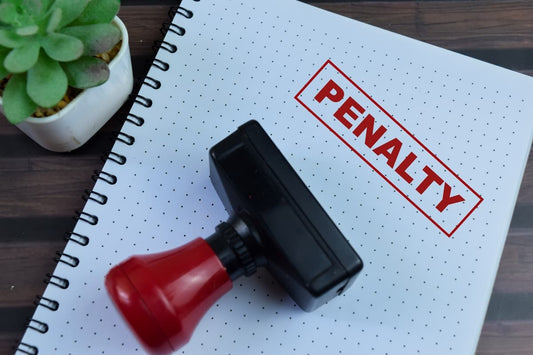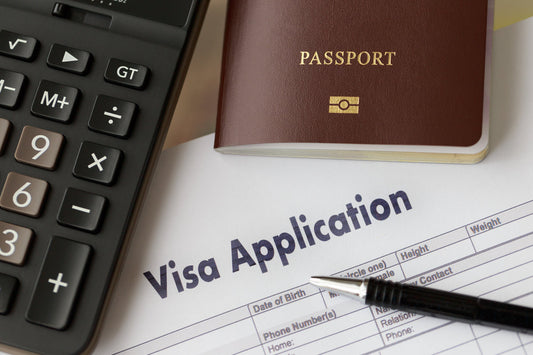
Key Factors for Renewing a Business Manager Visa in Japan
Yoshio YamaguchiShare
For foreign nationals residing in Japan on a Business Manager Visa, the financial standing of the company they manage is crucial. If the stability and continuity of the business are not recognized, the Business Manager Visa will not be renewed, and the foreign national will no longer be able to remain in Japan.
So, how is the stability and continuity of a business evaluated? According to the Ministry of Justice's guidelines on the Clarification of Residence Status Standards for Foreign Managers, publicly available on their website, the following considerations apply to a business's stability and continuity.
For more information, please refer to my article, How to Obtain a 6-Month Business Manager Visa in Japan.
1. Gross Profit
First, the gross profit is checked to see if it is positive or negative.
If the gross profit is negative for two consecutive periods, it is determined that the business is no longer viable.
Gross profit is the amount obtained by subtracting the cost of goods sold from sales revenue or the purchase price from the sales price. Even if a company makes a profit from selling land or stocks unrelated to its main business, a negative gross profit is considered problematic.
Thus, having a positive gross profit for two consecutive periods is a prerequisite. With that in place, the following points are considered.
2. If Retained Earnings Are Positive
Each fiscal year, the net income or loss is calculated. Retained earnings are the cumulative net profits or losses from previous years. When retained earnings are negative, this is called a “deficit.” If retained earnings are positive, it is judged that the business is viable.
3. If There Is a Deficit but Not Yet Insolvent
When net losses continue over several fiscal years, the company is in a deficit and eventually becomes insolvent. Insolvency occurs when total liabilities exceed total assets.
If a company is in deficit but has not yet become insolvent, the potential for continued business operations is considered based on factors such as the business plan and financing. In such cases, the company must submit documentation, such as a business plan and projected earnings for the next year. As a general rule, the business will be deemed to continue.
4. Insolvent Last Year, but Not the Year Before
If the company was insolvent only in the most recent fiscal year, it is assumed that business continuity will be recognized, provided there is a prospect for improvement within a year (i.e., the company will no longer be insolvent). In this case, a third party, such as a certified public accountant, must evaluate the improvement prospects (including the expectation that the insolvency will be resolved within a year) and submit a report. This report will be used to assess the business continuity.
5. If Insolvency Occurs for Two Consecutive Periods
If the company is insolvent for two consecutive periods, business continuity will not be recognized. Maintaining profitability is a key requirement for those on a business manager visa in Japan.
One strategy to achieve this is by reducing expenses, such as executive compensation. However, if the executive compensation falls below ¥200,000 per month, it may lead to financial difficulties in Japan, indicating a need for caution and careful financial planning. It's important to note that higher executive compensation often correlates with a more viable business.
This applies not only to Business Manager Visas but also to the renewal of all residence statuses. It's crucial that foreign applicants demonstrate sufficient assets or skills to support an independent livelihood. The applicant must show that they are not a public burden in daily life and that they are expected to maintain a stable livelihood based on their assets or skills (this can be recognized on a household basis).
However, if the applicant is a public burden, and there are recognized humanitarian reasons, these will be considered when determining the renewal of their residence status. (Guidelines for Change of Status of Residence and Extension of Period of Stay, Immigration Services Agency of Japan).
Conclusion
Maintaining the stability and continuity of your business is crucial for renewing your Business Manager Visa in Japan. By ensuring positive gross profits and avoiding significant financial deficits, you increase your chances of visa renewal.
Additionally, careful financial planning, such as setting appropriate executive compensation, can help demonstrate the long-term viability of your business.
Ultimately, having a clear, sustainable business plan not only secures your visa but also contributes to your ongoing success in Japan.



